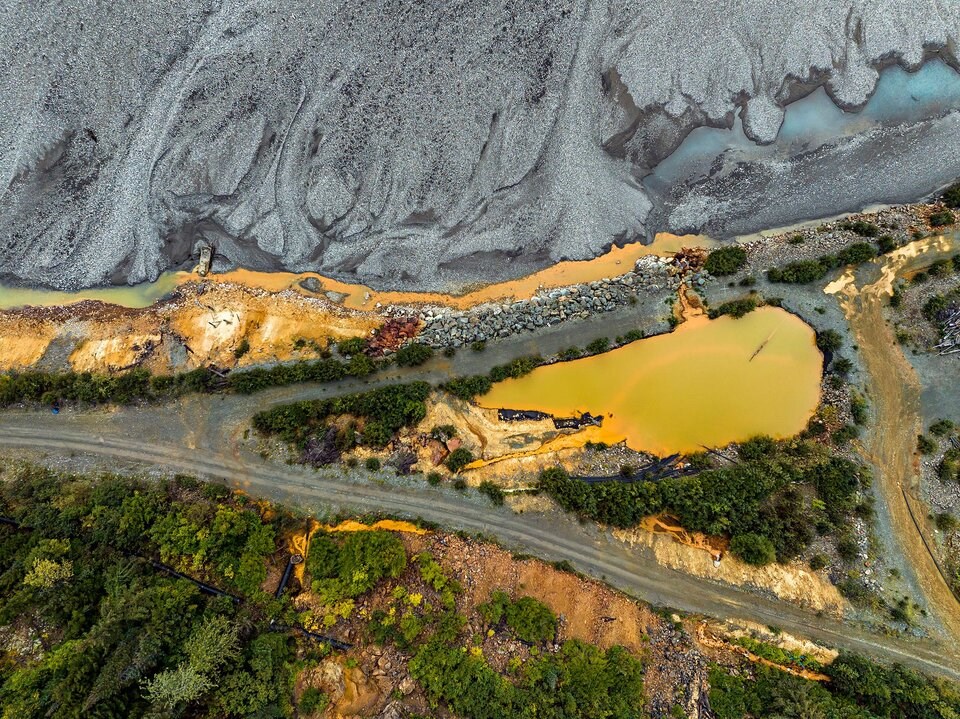An historic mine site that has polluted the Tulsequah River for decades will finally be closed and cleaned up.
The Ministry of Energy, Mines and Low Carbon Innovation announced today that the sa国际传媒 government, Taku River Tlingit First Nation, and Teck Resources (TSX,NYSE:TECk.B) will collaborate on a mine closure and remediation plan.
Teck no longer owns the mine, but its predecessor company, Cominco, owned and operated the mine in the 1950s.
It was eventually sold to Chieftain Metals, which had tried to bring the underground copper, lead and zinc mine back into production, but ended up going bankrupt.
According to the sa国际传媒 government, Chieftain Metals still owns the mine site.
Teck will voluntarily undertake and fund site investigation work this year and next year to develop a final closure plan.
"While Teck has not been the owner of Tulsequah for some time, we recognize the importance of all parties working together to progress remediation of this historic site, in support of reconciliation and sustainability, and as a reflection of the best practices of today's modern, responsible mining sector in sa国际传媒,” Scott Maloney, vice-president of environment for Teck, said in a news release.
The mine was built without a tailings pond, so there are elevated levels of acid rock drainage and metals in runoff polluting the Tulsequah River.
As BIV News reported in 2020, a report prepared for the Mines ministry estimated the capital cost of closing the mine and doing the reclamation work at $48 million. The cost of annual monitoring and maintenance was estimated at $27 million.



